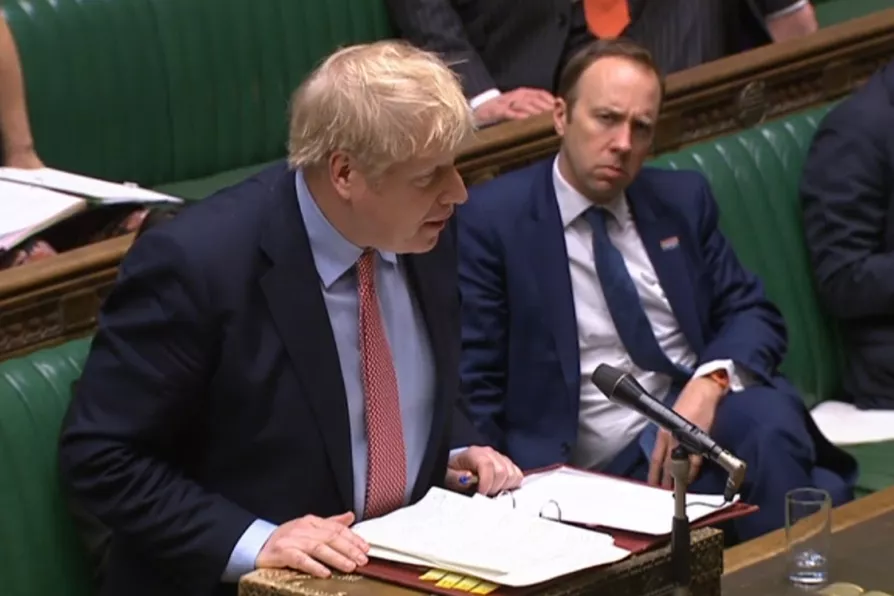The Mandelson scandal reveals a political settlement in which democratic choice is curtailed and the power of markets eclipses the will of voters – only the left can challenge this, writes JON TRICKETT MP

 EASY RIDE: Even Johnson’s critics come from the pro-Tory press
EASY RIDE: Even Johnson’s critics come from the pro-Tory press
THE other day I woke up to the BBC Radio news. The headline story was that “dozens of Conservative MPs have written to the Prime Minister to demand that he commit to removing all Covid-19 legal restrictions by the end of April.”
It was a bizarre, reckless, self-defeating plan, which even Boris Johnson rejected. But how it became such big news tells us something about the artificiality of mainstream politics right now.
The letter calling for the lifting of all lockdown measures by April was created by what the BBC termed the “lockdown-sceptic Covid Recovery Group (CRG),” with around 63 members. If you look at BBC news, this minority group of Tory backbenchers are regularly asked about their demands to lift the lockdown.

On January 2 2014, PJ Harvey used her turn as guest editor of the Today programme to expose the realities of war, arms dealing and media complicity. The fury that followed showed how rare – and how threatening – such honesty is within Britain’s most Establishment broadcaster, says IAN SINCLAIR

We cannot refuse to abolish the unjustifiable two-child benefit cap that pushes children into poverty while finding billions of pounds for defence spending — the membership and the public expect better from Labour, writes JON TRICKETT MP

Sisters came together last weekend for the landmark launch of a new women’s group. ROS SITWELL reports












